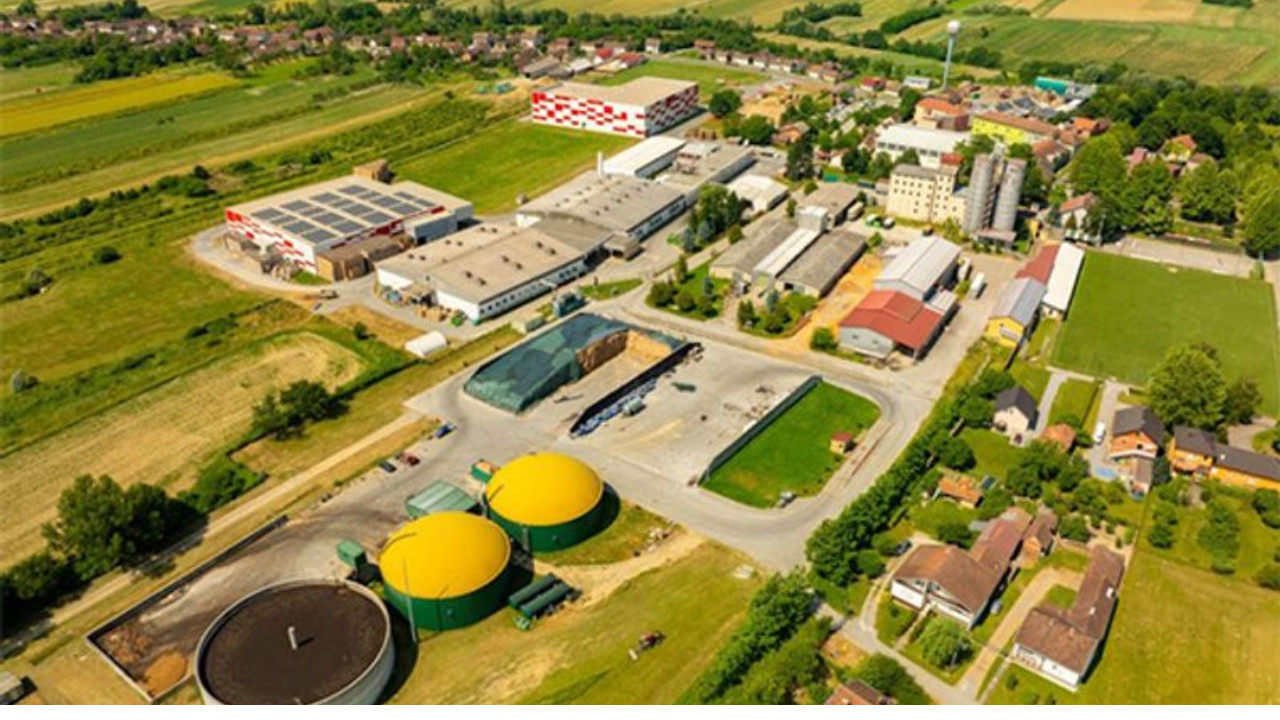
Govt revises biomass guidelines to boost bioenergy and ease of doing business (Source: Social Media)
The Government of India has introduced updated rules for its Biomass Programme, aiming to make it easier for businesses to adopt clean energy solutions. The revised guidelines, issued by the Ministry of New and Renewable Energy (MNRE), apply under Phase-I of the National Bioenergy Programme and cover the period from 2021-22 to 2025-26.
The updated policy removes several complex procedures. Paperwork has been reduced, and businesses will find it simpler to gain necessary approvals. This is expected to particularly help small and medium-sized enterprises (MSMEs) increase their output in the bioenergy sector.
Developers of briquette and pellet plants are no longer required to submit multiple clearance-related documents. Additionally, instead of needing a two-year sales contract, companies can now operate with general sale agreements—offering more flexibility in response to market conditions.
To help reduce operational costs, the ministry is allowing IoT-based monitoring systems or quarterly data reports instead of expensive systems like SCADA. This makes it easier for small businesses to maintain transparency and keep operations under control without high costs. A performance-based subsidy system has also been introduced. Projects running at over 80% efficiency will get full financial support. If the efficiency is below that level, the subsidy will be provided on a pro-rata basis.
The government has also included new provisions for areas hit hard by stubble burning, especially in Delhi, Punjab, Haryana, and NCR parts of Rajasthan and Uttar Pradesh. Pellet producers in these regions can now select the best available support—either from MNRE or CPCB—to help them control pollution and manage waste better.
These changes are meant to encourage more biomass plants and ensure smoother delivery of subsidies. By simplifying the process, the government hopes to reduce air pollution, handle agricultural waste better, and move closer to the net-zero emissions target by 2070.





Copyright © 2026 Top Indian News
